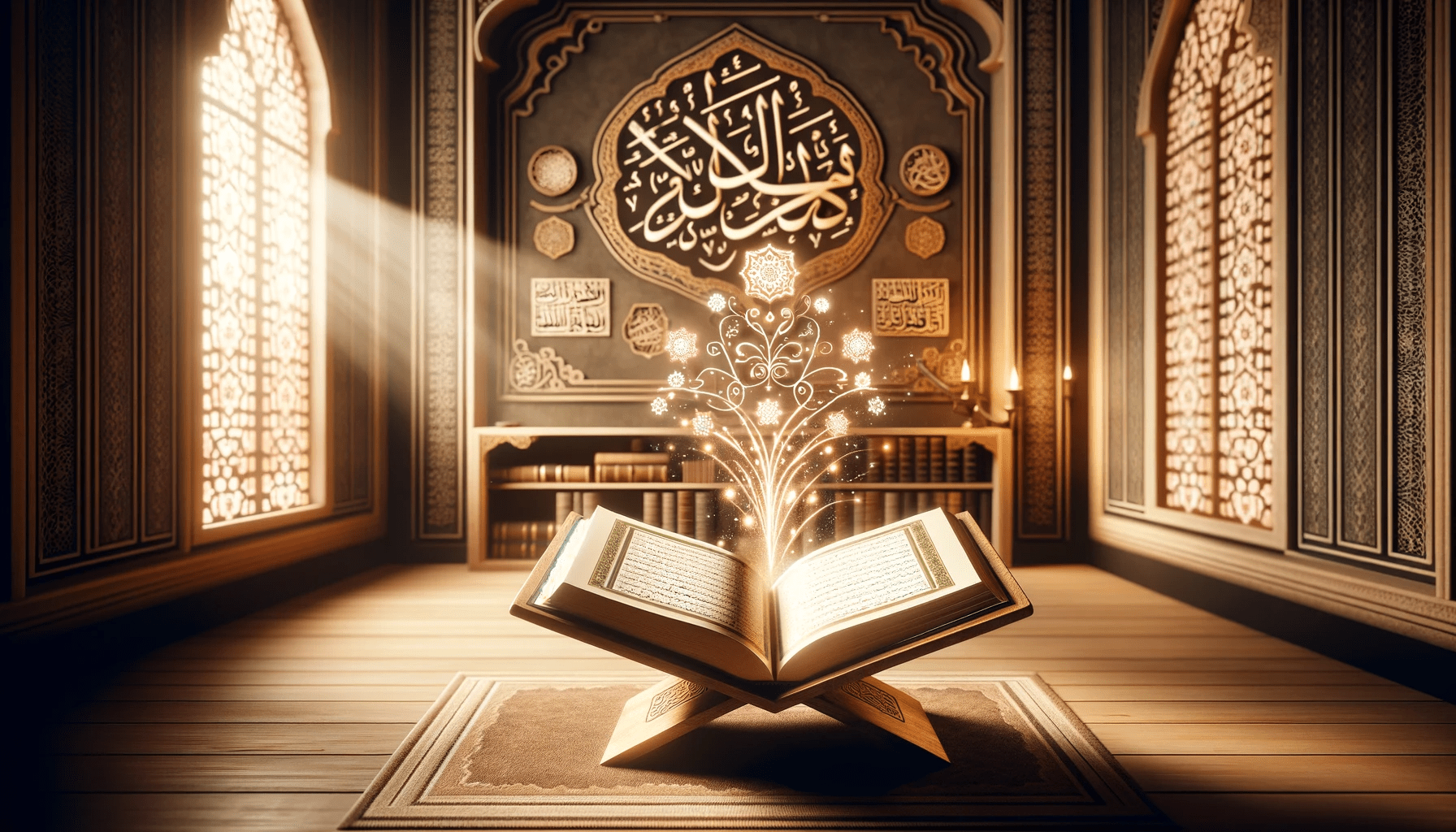10 Interesting Facts About Islam
Islam, one of the world's major religions, is rich in history, culture, and practices that have influenced millions of lives over centuries. This article explores ten fascinating facts about Islam, ranging from its origins and core beliefs to unique cultural practices and the special significance of the Lion within the religion. By delving into these aspects, we gain a deeper understanding of the diverse and profound nature of Islam.
-
Foundation and Core Beliefs
Islam was founded in the 7th century CE in Mecca, present-day Saudi Arabia, by the Prophet Muhammad. Muslims believe that Muhammad is the final prophet in a line that includes figures like Adam, Noah, Abraham, Moses, and Jesus. The core beliefs of Islam are encapsulated in the Five Pillars, which include the declaration of faith (Shahada), prayer (Salah), fasting during Ramadan (Sawm), almsgiving (Zakat), and the pilgrimage to Mecca (Hajj).
-
The Holy Quran
The Quran is the holy book of Islam, believed to be the word of God (Allah) as revealed to Prophet Muhammad by the Archangel Gabriel. Written in Arabic, the Quran is considered the ultimate source of guidance for Muslims, covering all aspects of life, from morality and ethics to laws and personal conduct. It consists of 114 chapters, known as surahs, and is recited in its original Arabic during prayers and on various occasions.

-
Diverse Cultural Practices
Islam is practiced by over 1.8 billion people worldwide, making it the second-largest religion after Christianity. This vast number of adherents includes a diverse range of cultures, languages, and traditions. Countries with significant Muslim populations include Indonesia, Pakistan, India, Bangladesh, and various nations in the Middle East and North Africa. Despite this diversity, the core beliefs and practices of Islam remain consistent.
-
Significance of the Mosque
Mosques (masjids) are places of worship for Muslims. They serve not only as locations for prayer but also as community centers where people gather for various religious, educational, and social activities. The architecture of mosques varies widely across different cultures but often includes features like domes, minarets, and intricate geometric designs.

-
The Role of Women
Islam grants women numerous rights, including the right to education, property ownership, and participation in social, political, and economic activities. The status and roles of women in Islam can vary significantly depending on cultural interpretations and local customs. Notable Muslim women throughout history include Khadijah, the first wife of Prophet Muhammad, and Fatimah, his daughter, both of whom are revered for their contributions to Islam.
-
Dietary Laws
Muslims adhere to specific dietary laws outlined in the Quran and Hadith (sayings of Prophet Muhammad). The term "halal" refers to what is permissible, while "haram" denotes what is forbidden. Muslims are prohibited from consuming pork and its by-products, alcohol, and any form of intoxicants. Additionally, animals must be slaughtered in a specific manner, known as "zabiha," for their meat to be considered halal.
-
Ramadan and Eid
Ramadan is the ninth month of the Islamic lunar calendar and is observed by Muslims worldwide as a month of fasting, prayer, reflection, and community. During Ramadan, Muslims fast from dawn to sunset, refraining from eating, drinking, smoking, and marital relations. The end of Ramadan is marked by the festival of Eid al-Fitr, a joyous celebration that includes communal prayers, feasts, and acts of charity.
-
Islamic Art and Calligraphy
Islamic art is renowned for its intricate designs and emphasis on geometric patterns, calligraphy, and arabesques. Because Islam discourages the depiction of human and animal forms in religious art, artists have developed unique styles that focus on abstract and decorative elements. Islamic calligraphy, in particular, is a highly respected art form, often used to transcribe verses from the Quran and decorate mosques and other structures.
-
-
The Significance of the Lion in Islam
In Islamic tradition, the lion holds symbolic significance. The lion is often associated with bravery, strength, and leadership. One of the most notable figures linked with the lion is Ali ibn Abi Talib, the cousin and son-in-law of Prophet Muhammad. Ali is revered for his courage and wisdom, earning the title "Asadullah," which means "Lion of Allah." His legendary bravery in battle and his role as a just leader have made the lion a symbol of these virtues in Islamic culture.
Islam is a rich and diverse religion with a profound influence on its followers and the world. These ten facts offer a glimpse into the depth and breadth of Islamic teachings and traditions, highlighting the faith's core principles, cultural practices, and historical significance. By understanding these aspects, one can appreciate the rich tapestry of beliefs and customs that make up the Islamic faith.
